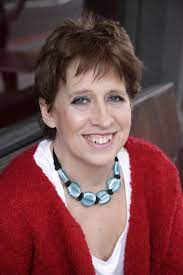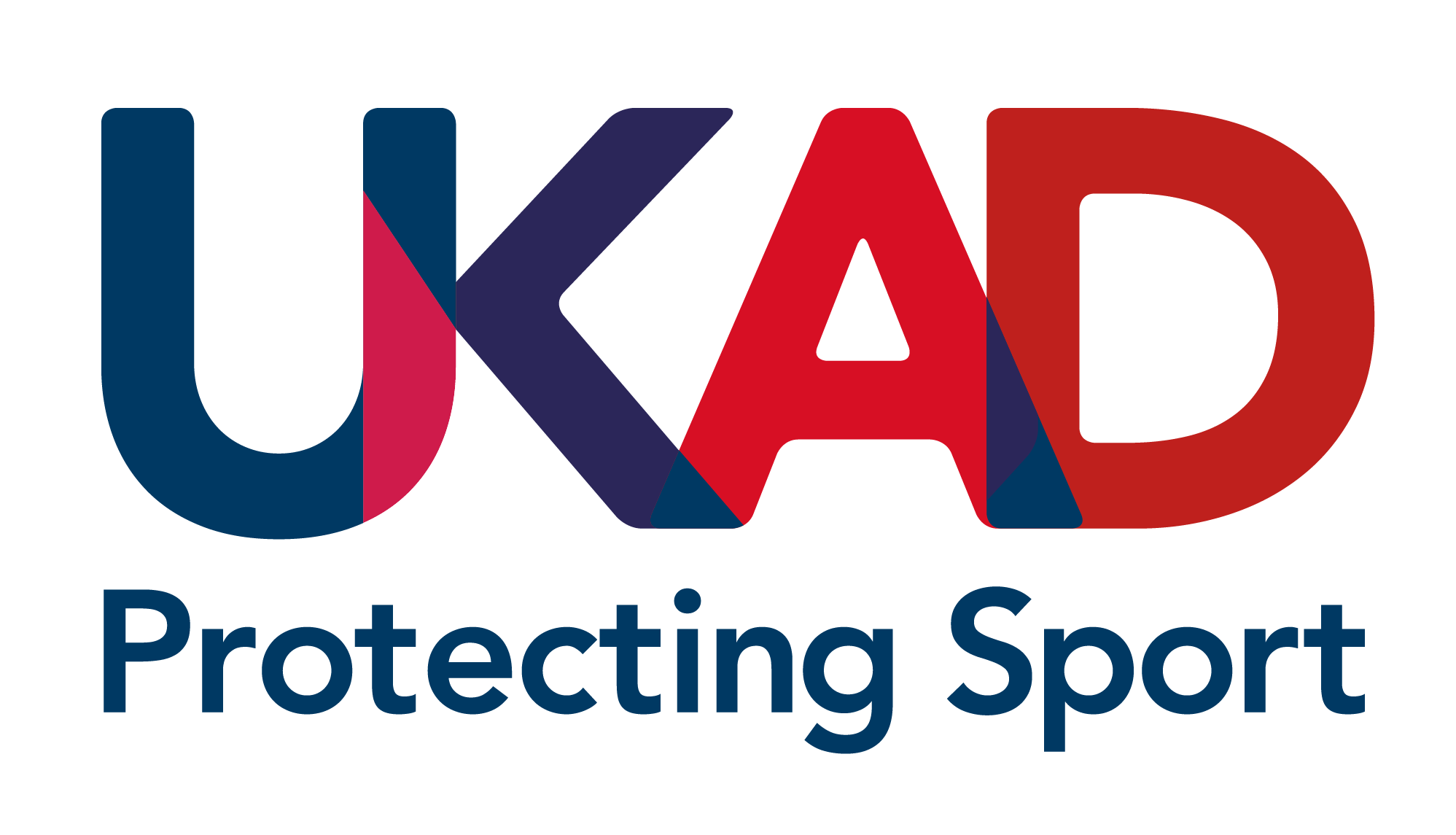UKAD in conversation with Professor Kim Wolff, Director of the Drug Control Centre, King’s College London
The scientific basis underpinning anti-doping is critical. It is the laboratory analysis of an athlete’s sample that determines whether an athlete is clean or whether there is reason to investigate doping. In the fight for clean sport, science provides the evidence-based foundations that anti-doping is built on.
UNESCO’s day of International Women and Girls in Science takes place on 11 February each year, as part of this, we spoke to Professor Kim Wolff, Director of King’s Forensics and the Laboratory Director at the Drug Control Centre at King’s College London, about what it means to work in science and why science is so important to clean sport.

Welcome Kim, it’s great to have you with us. According to UNESCO, the global average percentage of female researchers working in Science, Technology, Engineering and Mathematics (STEM) sectors is 33.3%. Why do you think that is?
I think the main reason is because science is such a large topic. Some subject areas have historically attracted more men than women, but in my field of forensic science, there is a larger population of female researchers than men.
What interested you in a career in science?
I have always been an inquisitive, curious person and like to look at different ways of carrying out tasks and solving problems. Science met those needs for me. I like the fact that you can go into a scientific field and still have many different career paths, and a variety of roles which are widely varied. There is something for everybody in science.
Tell me about your specialist field of science?
My main field of expertise is analytical science. Early on in my career, I applied this knowledge to explore drug addiction and methadone treatment, before moving into forensic science and most recently to anti-doping science.
Anti-doping science overlaps a lot with the work I did previously, and my involvement came about because of the forensics role created at King’s College London which brought together forensic science with sports testing. I was very pleased to be successful in my application for the role because it ticked many of the boxes I was interested in.
What is your career route to date? And have you always wanted to work in science?
Yes – I always wanted to work in science.
I had a fairly standard entrance into science. My first degree was in sports science, and then I did a Master’s degree followed by a PhD. I wanted to work within a university setting.
Life as a university academic involves teaching as well as research and so along the way I acquired a Post-Graduate Diploma in Medical Education and a Master of Arts in Academic Practice. I do believe that you should always strive to be the best you can be in whatever career path you take.
What is the Drug Control Centre’s (DCC) role in clean sport?
The DCC has a pivotal role in clean sport.
The DCC is the only accredited sports testing laboratory in the UK. We feel very privileged to hold this position. We are also accredited by the World Anti-Doping Agency (WADA) which provides reassurance to the athlete population and sports federations that the DCC carries out testing to a very high-quality assured standard.
We provide a source of authenticity to the elite athletes who are clean and we also strive to catch those who are using performance enhancing substances or techniques. We play an important role, working closely with UKAD to support a national programme of clean sport.
What testing methods and techniques does the DCC use to test samples on behalf of UKAD?
Most people would recognise that the DCC works together with other WADA labs to achieve a consistent global approach to sports testing. We are governed by international laboratory standards to ensure that wherever the athlete is tested in the world the same high quality standards are applied.
The analytical testing methods are highly sophisticated. For example, we use what are called, gas and liquid chromatographic instruments to detect very small quantities of a substance found on the WADA Prohibited List. This can include anabolic steroids and glucocorticoids such as salbutamol.
We use a highly specialised technique called Gas Chromatography Combustion Isotope Ratio Mass Spectrometry, to look at the differences between naturally produced hormones such as testosterone and pharmaceutically manufactured testosterone.
We also use techniques called immunoassay and electrophoresis to study the Athlete Biological Passport which can test for evidence of blood doping.
What science and tech advances can you envisage at the DCC regarding anti-doping?
The field of science is always advancing especially in anti-doping science. We are currently working on introducing dried blood spot analysis into routine testing. This is a quicker method of sample collection than needed for blood and urine and will enable doping control personnel, such as those employed by UKAD, to undertake squad or team testing in a much more cost-effective way.
King’s Forensics is also working with our Forensic Genetics team to develop methods to detect gene doping.
Women in science - Have you ever experienced prejudice or barriers in your career – why and how?
Science like sport is a competitive environment to work in. I don’t think I have particularly experienced prejudice and I would hope I have progressed by being the best person for the job at a particular time. I think from my experience, King’s College London welcomes applications from women for careers into science and the university has a scheme that monitors and supports women into STEM subjects.
Have you ever faced barriers within your work?
The main barrier that I have faced is with regards to funding. Research is often hampered by a lack of available funds. Although both WADA and the Partnership for Clean Competition (PCC) fund research into sports, testing grants are often small compared to those available from larger funding bodies such as UK Research and Innovation funded research.
Who is your favourite woman in science – role model or mentor or historical figure?
I am not sure that I have a favourite, but I must mention Rosalind Franklin who spent some of her career at King’s. She was a chemist and X-ray crystallographer whose work was central to the understanding of the molecular structures of DNA.
Why does clean sport matter, and why should the world care about the science behind anti-doping?
Clean sport is an important health initiative. We all know that maintaining an active healthy life is key.
It is also very important at the elite level that we protect athletes and educate them about the harms that drug abuse and the misuse of performance enhancing drugs can do to health, careers, and livelihoods.
Science is the backdrop to clean sport and the basis on which we establish our testing strategies and new developments in the field. Underpinning drug testing with good science enables us to keep the elite athlete population informed of the latest developments regarding performance enhancing drugs on the market and to prevent their use.
A robust testing programme is the framework against which the honesty and integrity of an athlete is set and endorses the status of the sports federation or country that the athlete represents. The wider society expects sport to be conducted in a fair and equitable manner. We are testing to endorse a healthy competition and to give people reassurance that we can identify those who are cheating.


